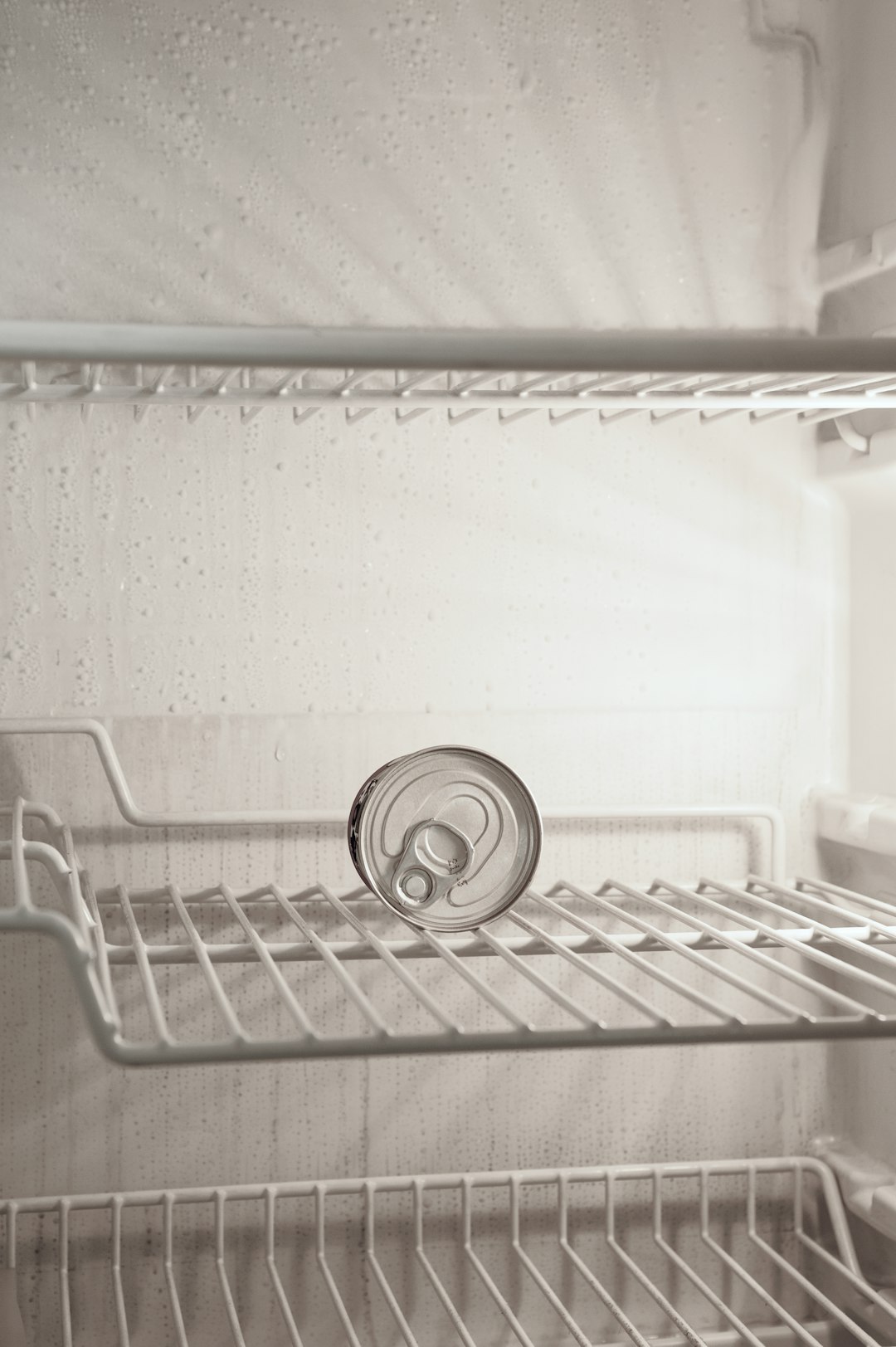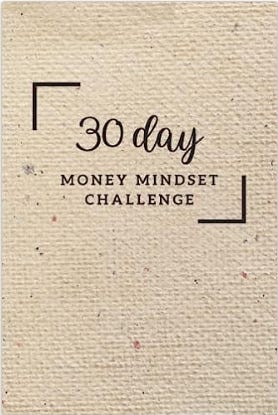Why Aggressive Budgeting Hurts Your Happiness
Plus five tips on guilt-free spending
We’ve all experienced how painful it is to get paid on Friday, blow our entire budget by Monday, and wait 12 more days until payday.
This is an extreme example of “the bottom dollar effect,” which describes how spending the last dollar you had budgeted diminishes your enjoyment of whatever you bought to deplete your budget.
Even if you’re spending money on something you love, if it depletes your budget, the stress of knowing your budget has been spent offsets your enjoyment of that purchase.
In this post, I outline the research that explains how the bottom dollar effect works and provide five simple tips on spending your money with less guilt.
Why spending money at the end of the month hurts so much
(Soster et al. 2014) conducted five studies that shed light on the bottom-dollar effect.
In the first study, participants were given a set budget that could be used to buy tickets to various movies at a film festival. Participants were split into two groups
Group 1, aka “the bottom dollar effect” group, was given enough money to see three movies
Group 2, aka “the non-bottom dollar effect” group, was given enough money to see five movies
Participants were reminded of their current budget balance, the cost of each movie, and the remaining balance before buying a ticket to each movie.
Participants in group 1, who spent their remaining budget to purchase the third movie in the bottom dollar spending condition, enjoyed the movies less than group 2, who still had enough budget to buy two more movie tickets—even if they did not watch more movies.
The takeaway: Spending your remaining budget will diminish your enjoyment of whatever you buy.
In the second and third studies, participants had to perform sorting tasks to earn credits to buy movie tickets.
Like the first study, participants were split into two groups; one that exhausted their budget for movie tickets and one that did not.
When participants perceived the sorting task as very difficult, those who had to fully exhaust their budget to buy their final movie ticket reported that they did not enjoy the movie as much as those who had budget left over.
But, when people perceived the sorting task to be easy, those who had to fully exhaust their budget to buy the final movie ticket enjoyed the movie even more than those who had credits remaining.
The takeaway: The more difficult and less enjoyable it is for you to earn money, the more painful it will be to spend to the end of your buget.
Conversley, if you love your work then, spending to the end of your budget doesn’t feel so bad.
In the fourth study, participants still had to perform sorting tasks to earn credits to buy movie tickets, but some people were given an unexpected windfall gain in the form of additional credits just before making the purchase, while others did not.
When no windfall was received, participants who used all their credits to buy movie tickets enjoyed the final movie less than those with credits remaining. However, when a windfall was received just before the purchase, there were no differences in enjoyment of the last movie. The windfall reduced the impact of the bottom dollar effect.
The takeaway: Receiving an unexpected windfall like a bonus, tax refund, gift or inheritence can reduce the pain of spending the last dollar in your budget.
Finally, in the fifth study, participants were again divided into a group that exhausted their movie budget and one that did not. However, an additional wrinkle was added, those who spent their budget were further divided into three small groups where some people were told when their budget to buy movie tickets would be replenished:
An unknown period of time
In the near future
In the far future
People who were told their budget would replenish in an unknown period of time or far into the future enjoyed the movies less than those who were told their movie budget would soon be replenished.
The takeaway: Blowing your budget at the beggining of the month is especially painful. If your spending is consistent and you spend your last dollar the day before payday, you’ll have greater enjoyment of the things you buy.
Quick tips on avoiding the bottom dollar effect and guilt-free spending
Avoid spending most of your budget on the first day of the month. If you know you have $500 for entertainment and you spend it all in the first week, you’ll experience more pain than if you spend your last dollar in your entertainment budget on the final day of the month.
Have fewer line items in your budget. Having a line item in your budget for entertainment rather than subsections like eating out, movies, and concerts can reduce the pain of spending down each of these line items in your budget.
Try and make larger purchases after a windfall. The day after you get your year-end bonus or tax refund is a great time to make a large purchase without feeling stressed.
Have cash set aside for some purchases. If you have a “fun fund” earmarked for things like eating out, you may view this money as a “bonus” and feel less pain when you go to a restaurant.
Find a job you love—or at least one you don’t hate. You need to work to get paid and buy things. If you hate the work you do, you’re more likely to feel pain spending money than if you did work you enjoyed. So, if you want to live a stress-free life, start by evaluating how you spend 40+ hours a week at work.
Have You Tried The 30-Day Money Mindset Challenge?
I created this guided journal with 30 days’ worth of prompts to help you examine your relationship with money and start moving toward the relationship you want with your finances.
You will get a question or a prompt on one page, and on the next page, you have space to write down your answers and reflections.
Paid subscribers can pick up a free copy here.
A physical copy of the journal is also available on Amazon.
This article is for informational purposes only. It should not be considered Financial or Legal Advice. Not all information will be accurate. Consult a financial professional before making any major financial decisions.





Solid best practices.
I have noticed that reprogramming my mind as to what constitutes "a win" has been really effective. Like, I derive pleasure in not buying something I thought I would need. That dopamine hit comes from a good practice, but of course it took decades to get here.
Some good points here. This year I held back on purchases (trainers, fixed term gym membership, stuff for the family), knowing I would have a windfall in June. So I actually enjoyed a day of shopping. But a day of shopping normally fills me with dread:).